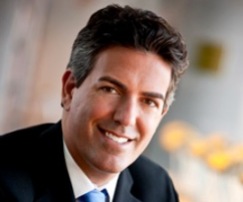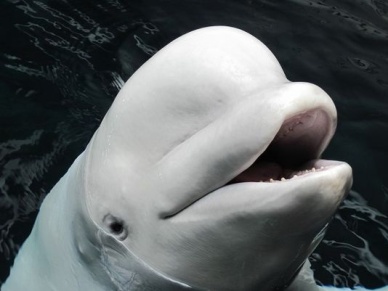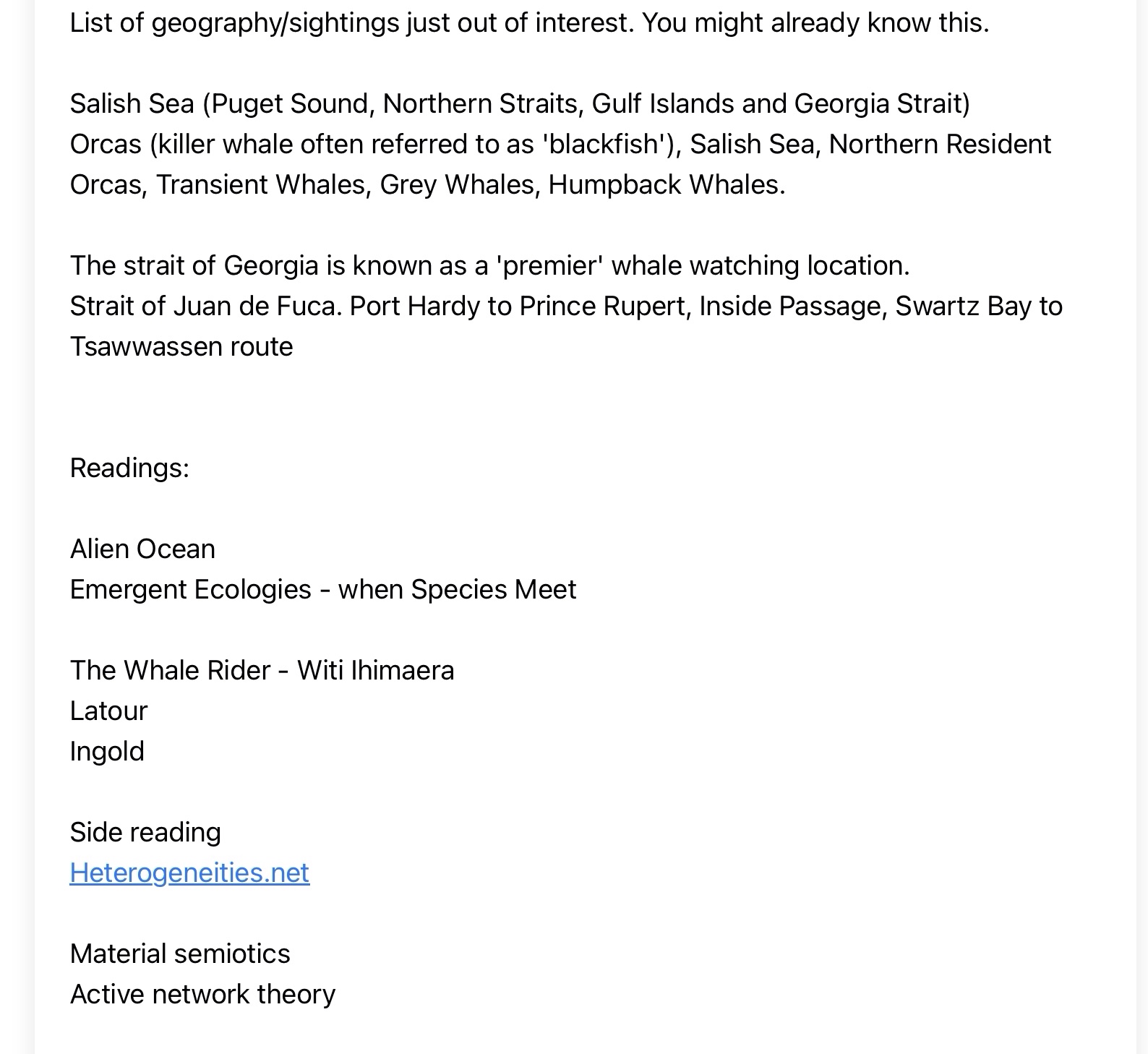Updated Jan 1 – 2024
These words are evermore important as the world becomes increasingly more and more politically polarized:
Stay independent of mind even if you work within a system. Learn to navigate through organisations without surrendering your youthful ideals. Always be sceptical of the declarations of those in power and authority, especially when there is no accountability. Understand that the basic morality that ordinary people exercise in their own lives is not reflected by power. In other words, always look for the truth from the ground up, rarely from the top down. Journalists are never real journalists if they are the agents of power, no matter how they disguise that role. Real journalists are agents of people.
— John Pilger, 2014
On January 1, 2024 Declassified Australia published John Pilger’s final published essay before his death at 84. Pilger examines why across the media there is ‘a silence filled by a consensus of propaganda’ — There is a war coming, shrouded in propaganda.
I didn’t agree with EVERYTHING John Pilger said, particularly his rather brutish and unfair personal comments of President Obama. But that said, hands-down, he goes down in history as a giant of a journalist. His work and ideas resonate with many of the themes I write about and in part explore about below – political suppression, the nature of media blackout, amplifying the voices of the voiceless – understanding ideology, hegemony and discourse.
(Text to follow) was: Updated 2022
With the all-consuming presence of social media we could make the case that it is close to the truth that what we used to think of as real journalists has been somewhat corrupted — actually wiped out, in some instances, by a malicious media sound-byte.
We could even claim that not just journalists but we as people can be involuntarily shape-shifted by corporate media norm and spurious political machination.
Not just dead lawyers at the bottom of the ocean but dead journalists. You get the idea. Some might say this might be overstating it.
But some of us do continue to make the argument and carry the torch for independent media. What we think of as working journalists are expressing distress. We have to conform in a basic way to corporate conglomerates and cultural institutions that fundamentally mold and constrain our speech freedoms, as expressed by way of solid journalism example here.
Larger media outlets do have a mindset — this just can’t be ignored if the writer wants to be paid. Smaller publications often rely on volunteer writers. Not ideal. To remain part of the pack we have to constantly re-invent ourselves.
There’s always the pre-requisite, catchy media-outreach promotional phrases to stay relevant.
To those of you who might not know, this is Mediageode’s actual signature message.
— (c) Mediageode 2023:
“We understand the difficulties of editorial independence in these days of Big Media conglomeration especially what its effect is on the control of information. We possess a thoughtful cognizance of the impact that large corporate syndicates and bipartisan groups have on characteristically sound byte oriented media product.”
Independent journalists exist. “I exist”— as some famous philosopher once said but for the most part it’s always been on the margins of the literary media landscape. This isn’t a bad thing it is just a fact.

Blogging is a contribution as well. A contribution to the things that have happened by way of remembering them in writing. Blogs are archives, historical records. Hence this practical site, carefully preserved over 15 years +. Enjoy!
Basically I am about analysis and research. My writing (mostly blogging now) is intended to give my view and perspective, of observed events, that are of interest to me in what I call the nexus between the historical moment and the research purpose.
I am a reader of people and defender of all that is aesthetic and uplifting to the human spirit. I classify myself as a curious thinker with an investigative bent and tendency toward being a bit of policy reader or wonk.
I fault that to a certain extent to a background in political theory and policy studies.
My schooling and travel interests combined drew me toward eye-opening opportunities. These included adventures to learn new things about identity; things that seemed to me more relevant to my experience as an actualized person pulling me toward something called method-writing.
Journal-ing begins: The her-story narrative helped me to uncover learning methodologies on the human condition and on existential subjects such as power, pain, stigma — and something called relations of ruling (this is a phrase coined by Method Sociologist Dorothy Smith in the late 1980’s). Taken holistically, it can mean looking through a social lens with the researcher taking an active role to talk about struggle and Smith’s concept of ruling relations or as I’ve tried to suggest here, the power relations all around us, defining our lives.
Etymology is the study of the history of words. So think of my suggestion here as looking at the etymology-of-power. Loosely defined, in its usage here, I like to observe power properties or power relations at origin or development through a historical point in time.
The Math around us! As a researcher, I love biology, anthropology and sociology as subjects of study. I look for nexus points in the world around me. In observing life and all its lifeforms in my garden I seemed to evolve over the years through a series of intellectual stages in my own life trajectory and in my research interests in school.
I was drawn to the natural sciences almost instinctively.
As an early academic and a ‘social being in the forest’ so to speak I slowly begin to gravitate towards an interest in studying historical intervals (or tenets you could say) of symbolic-interactionism.
Out of that research-journey came a more pronounced commitment to ethnographical work in anthropology as a discipline. It began to show itself in my intellectual pursuits and most clearly in my animal welfare research interest.
I can say that I’ve always felt most grounded when I am outside in a park or near the river’s edge — places where I can observe the birds and animals roam and go about their business. Taking this one step further, I read about academic topics that bring me closer to nature.
The simplest way of putting it is today I am geared toward analyses relating to or resulting from the influence of human beings on nature.
My fascination is in ‘interpreting the Anthropocene’, a somewhat loaded thing to think about perhaps. But in simple terms it’s usually presented as an anthropological lens: an agreed upon geological epoch dating to an intense period of human impact on the Earth’s ecological order. Although as of March 21/2024 the BBC reported, Anthropocene unit of geological time is rejected — “A proposal to codify a new geological epoch based on humanity’s influence on Earth has been rejected. It means “the Anthropocene” will not be added to the chronostratigraphic chart featured in textbooks and on classroom posters to record the major changes in Earth history.”
It may include but not be limited to intrusive ‘anthropogenic’ changes to our world and its animal habitats.
See more about this vast and wonderful subject here.
I gently warn you at this point. There is a lot of eclectic stuff on this site. It is presented as a smorgasbord of writing observations which hopefully draws some of your interest.
I am a creative sort, you could say even artsy. I edit, I paint, I make things, I am into arts & crafts. I am all about hobbies, my favourite being gardening (botany) and ethnographic research in anthropology which looks at the relationships between human and animal kingdoms and how we’ve encroached on the four-legged and winged creatures of our ever evolving and fascinating world.
Happy reading!
——————————————————————————————————
Deeper definition for those who want to do further reading but may be new to anthropology. I try to bring sometimes unreachable academic research to every day life, to the masses, to common understanding.
What do I mean by ‘anthropogenic’ changes to our world and its animal habitats?
Speaking generally, it means observing both human and animal habitats and the conflicts for space which have arisen in a more pronounced way in the last two hundred years as a result of massive industrialization.
My latest research looks at how humans have waded into [historically] animal territories and how this may inform on who ultimately has or will have rightful territoriality of Earth itself.
Who’s encroaching on whom?
Of course here the study of ‘Survival of the fittest’, a term associated with British naturalist Charles Darwin and his epic work On the Origin of Species fifth edition (1869) argues that species best adapted to their surroundings are the most successful in surviving and carrying on their DNA and RNA.
Will humans be able to adapt to their changing world or will the viruses destroy us and the infernos burn us up? This is the question of our time.
I wrote this sentence in 2019 before we even knew about COVID-19 pandemic, so that will tell you something about eerie foreshadowing.
————————————————————————————————
~ Diane Walsh, BA, MA, PGCert. (2016)
Bachelor of Arts (Canada) UBC Political Science
Master of Arts (Canada) UVIC Human Social Development
Post Graduate Certificate (UK) UStAndrews Anthropology
Areas of study:
Diplomatic studies, international relations, interdisciplinary methodologies and approaches in environmental sociology and political anthropology, cosmopolitan studies.
Most recent graduation: 2016 PgCert. in Social Anthropology University of St Andrews, Scotland
To be in touch, email: mediageode AT yahoo.com









 .
. 
